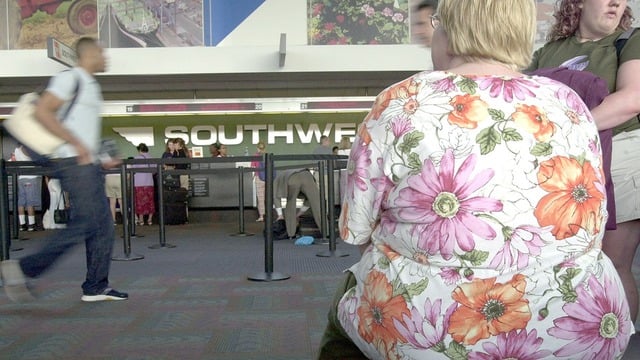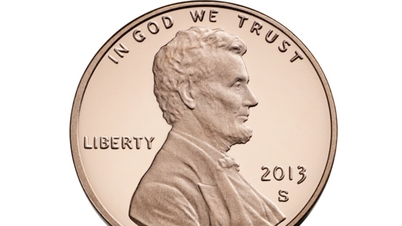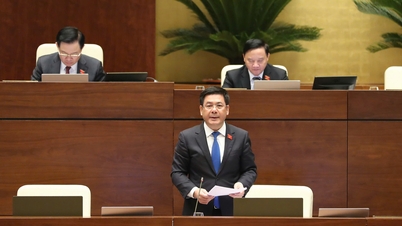A new directive sent to US embassies and consulates asks officials to consider denying US visas to people with chronic health problems.
Guidelines sent out by the US State Department reportedly explain that "certain medical conditions — including but not limited to cardiovascular diseases, respiratory diseases, cancer, diabetes, metabolic diseases, neurological diseases, and mental health issues" — can require care costs running into the hundreds of thousands of dollars, according to KFF Health News.

People with certain chronic illnesses may find it harder to get a US visa in the coming period.
The guidelines are also said to encourage visa officers to consider conditions such as obesity.
“Does the applicant have sufficient financial resources to cover the cost of such care over his or her expected lifetime without seeking government cash assistance or long-term hospitalization at government expense?” the cable is said to have read.
“Self-sufficiency has been a long-standing principle of U.S. immigration policy… and the inadmissibility of public charge has been a part of our immigration law for over 100 years,” the cable continued.
Tommy Pigott, a spokesman for the US State Department , confirmed the directive to Fox News Digital on Tuesday.
"It's no secret that the Trump administration puts the interests of the American people first," Mr. Pigott said in a statement. "This includes implementing policies that ensure our immigration system does not become a burden on American taxpayers."
According to the Kaiser Family Foundation (KFF), by 2023, about one in five legal immigrants will be uninsured.
There are no federal insurance requirements for work visas like the H-1B, while coverage is often up to the employer or individual.
The news comes after Fox News Digital first reported on the administration's visa crackdown in January when it reinstated the "public charge" provision in immigration law from President Donald Trump's first term.
“The determination of public charge is at the discretion of the consular officer,” the cable sent in January said — placing the entire burden of proof on the applicant.
Officers are instructed to conduct a “comprehensive and thorough examination” of each case and assess the “entire circumstances of the applicant” before granting any visa.

The US could soon deny visas to foreigners with certain medical conditions, including obesity.
Lora Ries, director of the Heritage Foundation's Center on Border Security and Immigration, told Fox News Digital that visa applicants can be denied if they are likely to become a public charge under current law.
“If an applicant is uninsured and cannot demonstrate they have the ability to pay potential medical expenses, such as those related to a chronic illness, that could indicate a high risk of becoming a public charge and make them a strong candidate for visa refusal,” said Ries.
"The idea behind the directive is that obesity is directly linked to other costly chronic health problems, including type 2 diabetes, heart disease, high blood pressure, stroke, high cholesterol, and primarily inflammation in the body," said Dr. Marc Siegel, senior medical analyst for Fox News, about the directive.
“That can have unforeseen costs and a huge impact on an already overburdened health system,” Siegel added. “In other words, obesity is a signal of increased risk – it doesn’t mean it’s always there.”
According to the US Centers for Disease Control and Prevention, all immigrants and refugees entering the US are required to undergo medical examinations — and visa officers often screen for infectious diseases like tuberculosis or ask for vaccination histories.
Source: https://thanhnien.vn/ly-do-nguoi-beo-phi-co-the-bi-tu-choi-visa-my-185251113141039124.htm


![[Photo] Unique architecture of the deepest metro station in France](https://vphoto.vietnam.vn/thumb/1200x675/vietnam/resource/IMAGE/2025/11/14/1763107592365_ga-sau-nhat-nuoc-phap-duy-1-6403-jpg.webp)
![[Photo] Unique art of painting Tuong masks](https://vphoto.vietnam.vn/thumb/1200x675/vietnam/resource/IMAGE/2025/11/14/1763094089301_ndo_br_1-jpg.webp)































![[Photo] Special class in Tra Linh](https://vphoto.vietnam.vn/thumb/1200x675/vietnam/resource/IMAGE/2025/11/14/1763078485441_ndo_br_lop-hoc-7-jpg.webp)









































































Comment (0)